“Never again” vs. “We can repeat it”: Russians will pay any price to restore the glory of Soviet victory in WWII
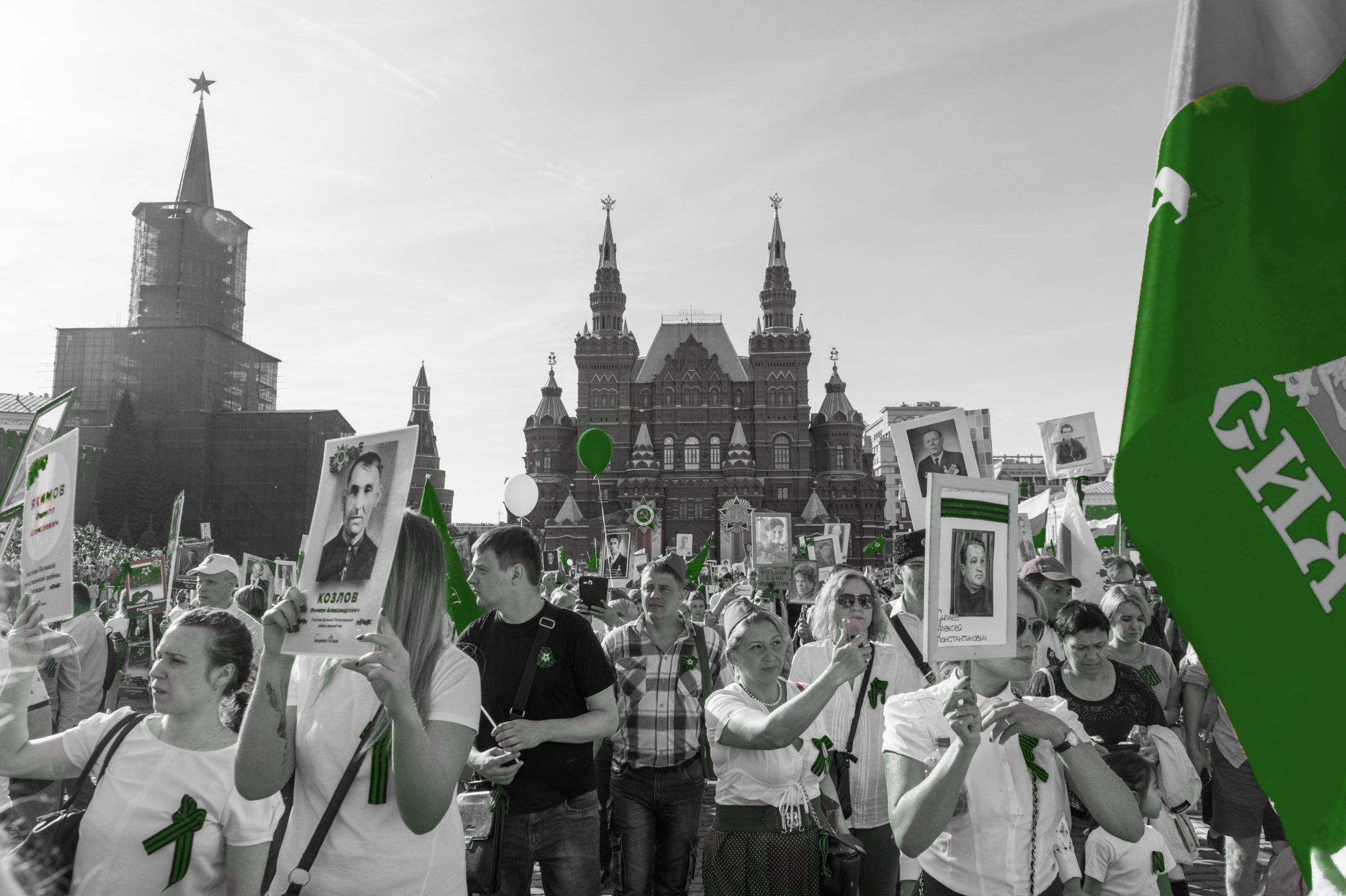
One of the key watersheds between Ukraine and Russia is manifested in their relationship to World War II. In short, between the slogans “Never again” vs. “We can repeat it” there is an abyss. These two different and even contradictive approaches demonstrate the gap between orientations toward the past and the future. “Never again” is not just about the past, it is more about the future. Meanwhile, those who profess “We can repeat it” will try to wage war wherever possible.
One of the plausible reasons why Russia has lately become a de facto fascist state and is right now carrying out a genocide against Ukrainians is that the Soviet totalitarian regime and people responsible for enormous crimes during Soviet time were not really punished, and also that those terrible events were not reflected in Russian society. Germany after 1945 went through processes of purification and de-Nazification, but Russia did not have to undergo any real de-Communization or de-Stalinization.
Russia presents itself as a unique civilization, intent on challenging US domination in the world as well as the values that animate Western society. Vladimir Putin’s regime tried to create an ideology of a “special path,” having mixed Stalinism with conservative orthodoxy, neo-Eurasianism, and the idea of the “Russian World.” [1]. But all those concepts are deeply based on trauma and resentment. Behind the search for Russia’s true identity we find nothing except Russian collective traumas, myths of the country’s origin and uniqueness, and a paranoid penchant for conspiracy theories.
Russia’s status as a “great power” stands at the heart of its self-aggrandizing identity and feels entitled to a dominant role among the other major players in the world. President Putin, who proclaimed the collapse of the Soviet Union as “the greatest geopolitical catastrophe of the 20th century,” introduced the paradigms of pozor ‘humiliation’ and neuvazhenie ‘lack of respect’ into Russian foreign policy thinking. Mikhail Yampolski argues that the entire Russian society, from Putin to the little man, are all bearers of profound resentment. “For Putin, it is the lack of recognition of Russia, and of him personally, as equal and respected players on the global scene; for the little man, it is the powerlessness in the face of the police, the bureaucracy, judges and bandits. The ressentiment of power coincided with the ressentiment of the common man.”[2]
Resentment in Russian public imaginary became powerful instrument of Russian political elites and was transformed into ressentiment in foreign policy. Russian ressentiment consists of two main elements. On the one hand, there is the theme of Russia’s “humiliation” by the West. Putin’s foreign policy thinking fully fits this paradigm of humiliation and lack of respect, as expressed in his Valdai speech on 24 October 2014: “You may remember the wonderful saying:
‘Whatever Jupiter is allowed, the Ox is not.’ We cannot agree with such an approach. The ox may not be allowed something, but the bear will not even bother to ask permission.”[3]
On the other hand, there is also massive rancour among large segments of the Russian population that have failed to adapt to the new and constantly changing reality.[4]
Transformation of the old cult of victory into a new cult of death
Putin is obsessed with history. Memories of World War II are exploited by the Kremlin in order to legitimize the political regime in Russia and its foreign policy. Putin’s regime in Russia has actively exploited the legacy of the collective memory of former citizens of the Soviet Union. The myth of the “Great Patriotic War,” as it was officially called in Soviet times, was one of the main cornerstones of Soviet identity and now possesses the same function in its sole, self-declared heir—the Russian Federation.
The aim of the politics of history is to introduce a dominant version of the past into the mass consciousness. The main feature of Soviet use of the politics of history was a monistic view that promotes only one “proper” interpretation of the past. In essence, it is the nationalization of the myth of the “Great Patriotic War”—highlighting imperial values but with very little room for acknowledging Stalinist crimes. Some years ago Russia even introduced a law prohibiting the “rehabilitation of Nazism,” de facto muzzling any voice that contradicts the Kremlin’s version of the past.
The cult of victory in the “Great Patriotic War” came into being during the era of Brezhnev’s rule of the USSR; May 9, Victory Day, was not even a non-labour national holiday until 1965. Victory in the war was used as the main basis for legitimizing the Soviet Communist system, and commemorations of the holiday necessarily included references to the leading role of the Communist Party in the victory over Nazism.
Since the collapse of the USSR, Russia has utilized the concept of the “Great Patriotic War” to bind together the whole of the “post-Soviet space.” On the one hand, it helps neighbouring countries to join in the shared ownership of victory in the war, while on the other it solidifies Russia’s status as the main “defeater” of fascism:
Today, we can say that the Great Patriotic War and our victory in it is the central event of not only Soviet but also Russian history. In 1941–45 the Russian people, using the Soviet regime and the Stalinist system as a sword and shield, defended their right not only to historical existence but also to greatness.[5]
Nowadays, Russian narratives concerning World War II are based on three main myths of its power: liberation, suffering, and heroism.
The myth of power
The myth of power is the basis for representing Russia (and its leaders) as a powerful actor and to evoke feelings of “Great Country” glory. The concept of power is extremely important in the Russian public’s imagination and helps its rulers to justify their actions. Power itself has a sacred significance in the perception of Russians.
From the very beginning of his rule, President Putin tried to create the image of Russia as a superpower. Putin began to build his version of Russian history, emphasizing the need to modernize the country, using a “strong hand” to lead the country back to the status of a superpower. For Putin and the majority of Russians, war itself has become not a symbol of tragedy but a cause for celebration.
Among the Russians who regret the collapse of the USSR, the main reason for this regret was that “people no longer feel they belong to a great power.” In 1999 29% of respondents answered in this way, and by 2012 it was already 51%, according to the Levada Center.[6] This is why one of the main pillars for Putin’s ideology is the vstavanie s kolen ‘getting up off one’s knees’.
The myth of liberation
Since the start of the new millennium, due to increased Russian ambitions to play a greater role in international politics, the symbolic capital of Soviet participation in the Allied victory over the Nazis in 1945 has been actively used by the Russian political elite to strengthen Russia’s position in Europe—and to restore control over its “near-abroad.” In 2014, the historian Nikolay Koposov considered that the myth of the “soldier-liberator” was needed for Putin to carry out a kind of “rehabilitation” of the cult of the authoritarian state—a reanimation of the myth of the Soviet Union saving the world from fascism.
Recently, the Russian authorities even took steps toward “rehabilitating” the Molotov-Ribbentrop Pact of 1939.[7] As a result of the secret annex to the Molotov-Ribbentrop Pact, Eastern Europe was divided into two spheres of influence. Thus, the Soviet regime under Stalin in 1939 was equally responsible together with Nazi Germany for dividing Europe, as well as providing support to Hitler policy. Soviet and, later, Russian historiography attempted to skip over or justify this fact of Soviet-German cooperation.
Perceptions of Stalin
In Russia, positive perceptions of the Bolshevik dictator Joseph Stalin have only been growing since Putin came to power. For a majority of Russians, when evaluating the role of Stalin in history the most important factor is that under his leadership Russia was victorious in World War II. Nearly 60% of respondents in 2012 (66% in 2008) agreed with the statement that regardless of any mistakes attributed to him, the most important factor was that the Soviet Union emerged victorious in the Great Patriotic War. In 2019, 70% of Russian respondents agreed that Stalin played a positive role for Russia—a record-high response since the question was first asked in 2003, according to the Levada Center.[8] Russians are united by Stalin, whom 56% consider to be a great leader and for whom respect is ever-growing, from 21% of respondents in 2012 to 45% in 2021. For them, Stalin is a symbol of a powerful state and a not unacceptable model of a society where the individual means nothing and state interests prevail over human life.
The myth of suffering transformed into a cult of heroism and cult of death
Suffering is another aspect of the Russian myth of power and is also a constituent element of the myth of the “Great Patriotic War.” The price of victory is the suffering of a powerful country—and this myth also justifies the country’s need for sacrifice. The main arguments used by defenders of Stalin are that he won the war and rebuilt a great country, all of which was impossible without sacrifice. During the last few years, there has been a significant increase in the number of people who believe that the Stalinist repressions may have been politically necessary and historically justified; correspondingly, the number has declined of those who thought that these repressions were a political crime and could not be justified.
It is hard to imagine another country that would be proud of the numbers of victims, as it appears in Russia. Essentially, the Kremlin realized that the more blood and death, the more patriotism could be evoked. The “Immortal Regiment” campaign, which began as a popular initiative to memorialize relatives who died in WWII, was intercepted by the state and soon acquired the character of some kind of wild pagan ritual. Portraits of dead people are carried around the streets every 9th of May. Sometimes these are portraits of strangers that schoolchildren and teenagers are ordered to carry.
The problem is that the “cult of death” formed by Putin’s regime has become so deeply embedded in the psychology of millions of Russians that even many educated people in Russia do not understand how monstrous it is to arrange processions with images of the dead on sticks, turning one of the greatest tragedies in the history of mankind into a parade under the slogan “We can repeat it.” While the whole world sorrows with the words “Never again” Putin’s Russia, gripped by its cult of death, is celebrating with cries of “We can repeat it!”
Conclusions
The false and manipulative mythology, narratives, and symbols of the “Great Patriotic War” deliberately employed as Russian propaganda have served as a framework through which to justify the aggression against Ukraine. Moreover, they portray this “war with the West” at a mythological level because it contains powerful symbols that are still deeply rooted in Russian minds, whose deconstruction did not take place after the collapse of the Soviet Union.
The return of these myths and Soviet historical narratives has not been accidental. In our analysis, what is happening in Russia is primarily the manifestation of a cataclysmic national identity crisis, which has been exacerbated by Ukraine’s inexorable movement toward open society and Europe. During the Soviet period, for the majority of Russians the dominant identity, assiduously cultivated by the Communist Party, was that of a “Soviet people.” In the Soviet Union, the main foundational mythologizing event was the “Great October Revolution.” Once Ukraine as a former imperial subject was out of the picture, victory in the “Great Patriotic War” has today become the same kind of foundational myth for contemporary Russia. Searching in the past for a mythological basis to unify the nation, especially in light of the trauma and disappointment associated with the collapse of the Soviet Union, was quite logical. Idealization of the Soviet past, identifying with the figures of Stalin and Brezhnev, became the answer to mass frustration of the Russian population, and victory in the “Great Patriotic War” became for the majority of Russians a singular and almost the only historical event that they could be proud of.
[1] Oleksii Polegkyi . Changes in Russian foreign policy discourse and concept of “Russian World”. PECOB’s papers series N 16, 1–25, 2011.
[2] Mikhail Yampolski. V strane pobedivshego resentimenta, COLTA.RU, 6 Oct. 2014; http://www.colta.ru/articles/specials/4887
[3] Meeting of the Valdai International Discussion Club, October 24, 2014, http://eng.kremlin.ru/news/23137
[4] Sergei Medvedev. The Return of the Russian Leviathan, Polity Press, 2020.
[5] Fursov, Andrej. [Soviet victory, world history and the future of humanity]. Strategicheskie prioritety, 2015, No. 2(6), 61–62.
[6] Russian Public Opinion, 2012–2013 (Moscow: Levada-Center 2013), 196.
[7] http://www.encyclopediaofukraine.com/display.asp?linkpath=pages%5CM%5CO%5CMolotov6RibbentropPact.htm
[8] “Stalin’s perception,” Levada Center, 19.04.2019; https://www.levada.ru/en/2019/04/19/dynamic-of-stalin-s-perception/
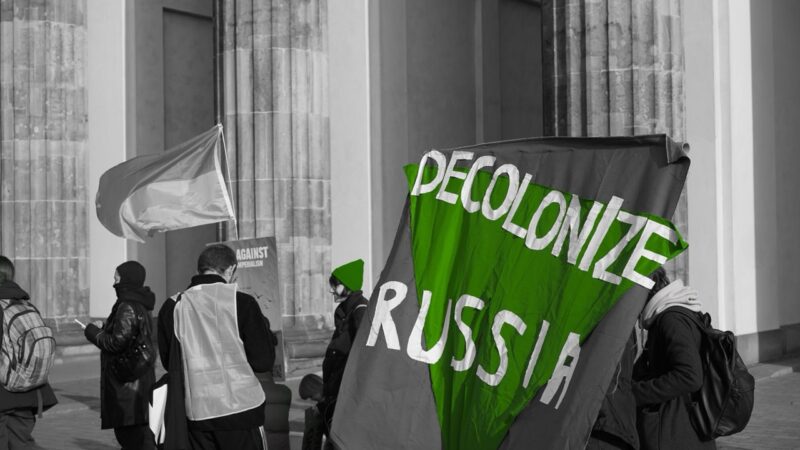
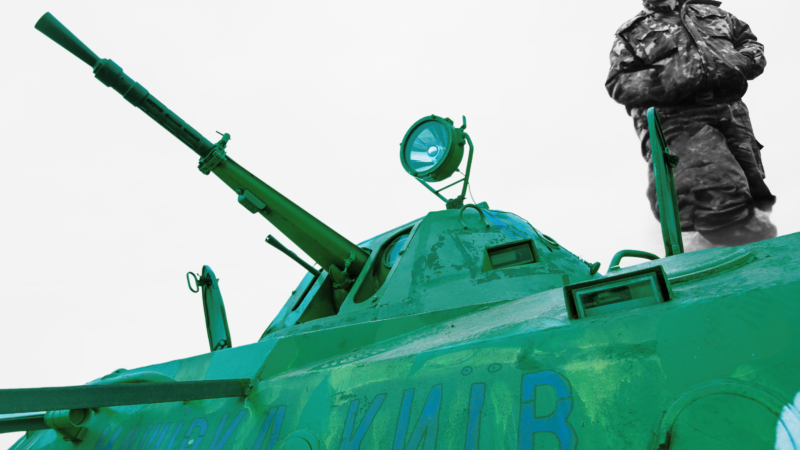
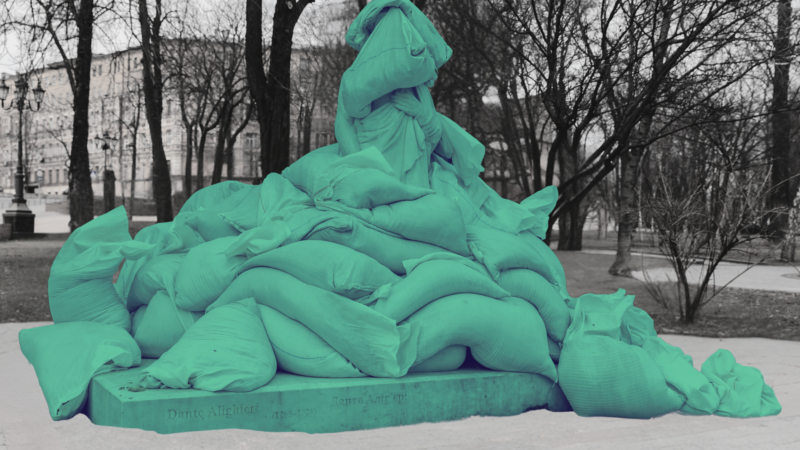

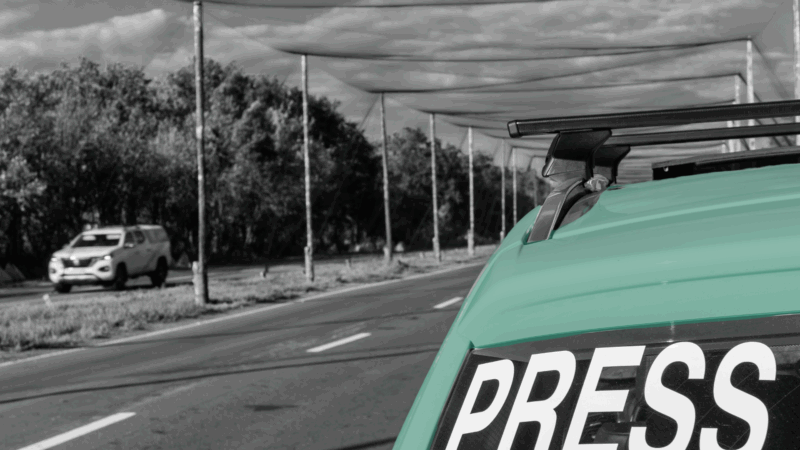
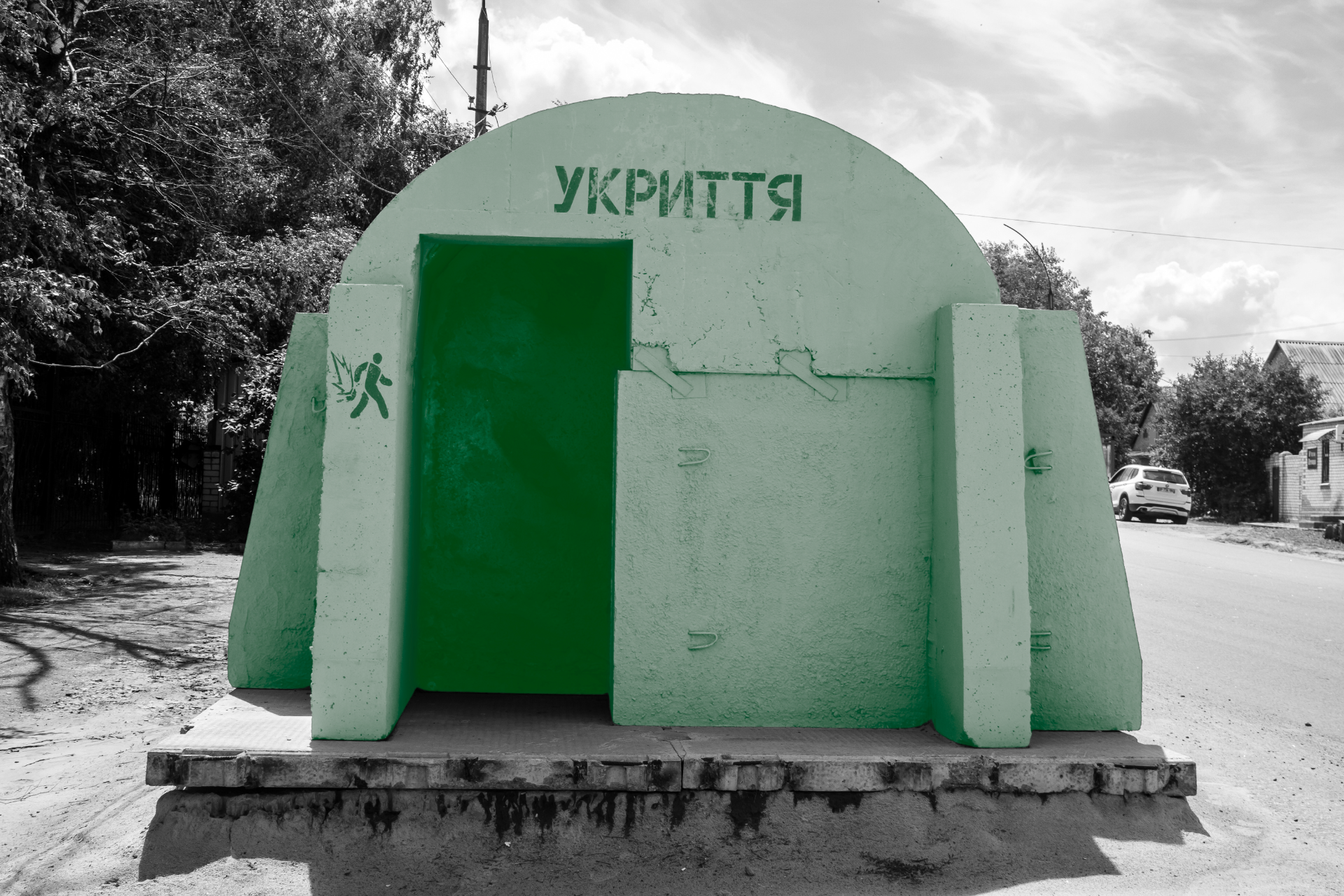
Два дні тому читала ваші статті 2014-2015 року на цю тему. Дуже вчасно ви вирішили свої ідеї доопрацювати і опилюднити. Серед великої кількості досліджень, які аналізують побєдобєсіє в Росії, дуже мало авторів вказуть на небезпеки такої інтерпретації війни. Навпаки, з великим інтересом описують всі ці нові практики і святкові традиції. Але зараз найбільша проблема в тому, як повернути нашого агресивного сусіда до номального життя